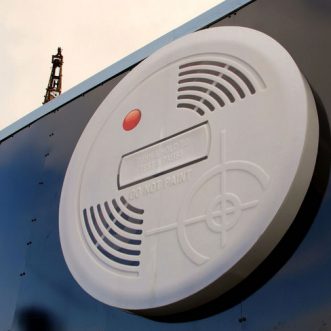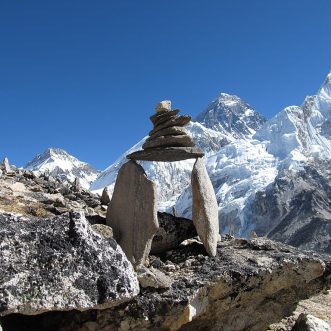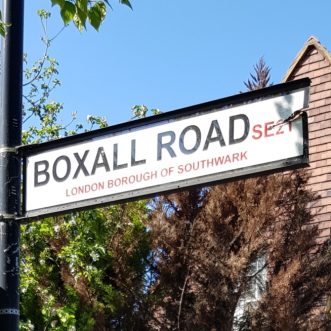
Do you believe in the lifeworld?
I’ve been trying to get my head around the work of Jurgen Habermas lately. It’s interesting.
Simply put, his theories state that we humans operate in and across 2 spheres of existence:
One: the ‘lifeworld’ – where we operate in our capacity as human beings, members of communities at different levels – family, friends. communities and society; and two: the ‘system’ (or systems) where we operate as economic agents or as citizens of a state.

Freetrader, Public domain, via Wikimedia Commons
So far so good.
The lifeworld is something we create ourselves, through what Habermas calls communicative action, a constant adjustment of norms, preferences, values and desires between ourselves and others. Adjustments we choose to make ourselves in discourse with others. We are never alone in the lifeworld. You can’t be human without other humans.
In contrast the system is created by others. We don’t get much of a say in how the economy or the state works. We don’t get to choose how we act as consumers or employees, or as clients or citizens.
We could live just in the lifeworld. As humans we did so for millenia, coming up with all sorts of creative adjustments to enable human flourishing.
The problem is that as humans we are also good at creating systems that crush that flourishing. Not necessarily intentionally. Systems that make us less than human, that sometimes run away with us.
We can’t live just in systems. So maybe, part of our job as business owners is to keep the balance weighed in favour of the lifeworld, not the system.
Luckily I think that comes naturally to most of us.








